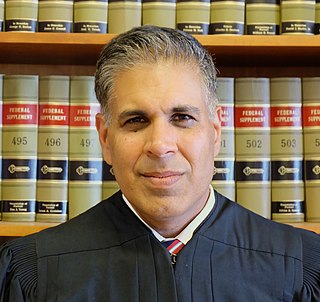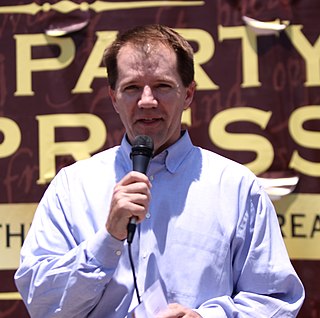A Quote by Amul Thapar
It is not the responsibility of the judiciary to amend poor legislative drafting, even if judges would personally prefer a different outcome than what is required by a statute's text.
Related Quotes
How we decide the vexed issue of the method of selection of judges of the Supreme Court and the high courts would determine the future of our democracy and the rule of law in the country. We are faced with the twin problem of selecting the best judges and also ensuring that the judiciary would be insulated from executive interference.
The constitution has divided the powers of government into three branches, Legislative, Executive and Judiciary, lodging each with a distinct magistracy. The Legislative it has given completely to the Senate and House of Representatives. It has declared that the Executive powers shall be vested in the President, submitting special articles of it to a negative by the Senate, and it has vested the Judiciary power in the courts of justice, with certain exceptions also in favor of the Senate.
I'm not naive. Sometimes interpretation is more of an art than a science. There are those who would label interpretation absolutely anything a judge might do or, two, the text of a statute or the Constitution. But it seems to me there comes a point where a judge is using his own creativity and purpose and crosses the line between interpreting a text written by somebody else and in a sense creating something new.
As a general rule, I do not think it appropriate for judges to heap either praise or censure upon a legislative measure that comes before them, lest it be thought that their validation, invalidation, or interpretation of it is driven by their desire to expand or constrict what they personally approve or disapprove as a matter of policy.
The Tax Court is independent, and its neutrality is not clouded by prosecuting duties. Its procedures assure fair hearings. Its deliberations are evidenced by careful opinions. All guides to judgment available to judges are habitually consulted and respected. It has established a tradition of freedom from bias and pressures. It deals with a subject that is highly specialized and so complex as to be the despair of judges. It is relatively better staffed for its task than is the judiciary.





























